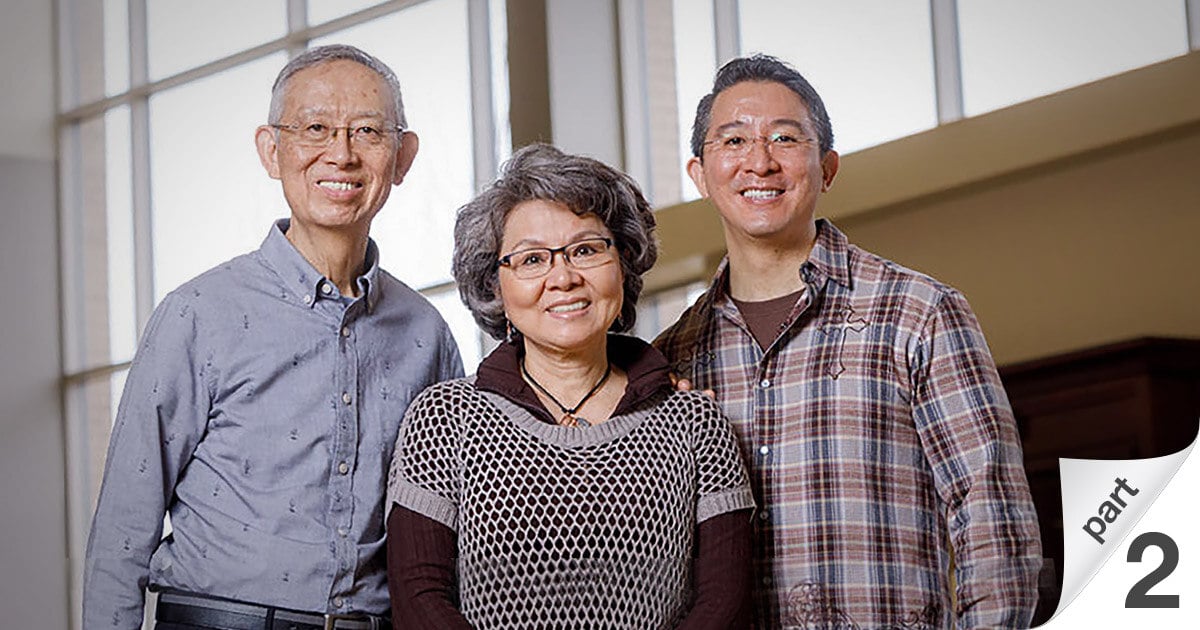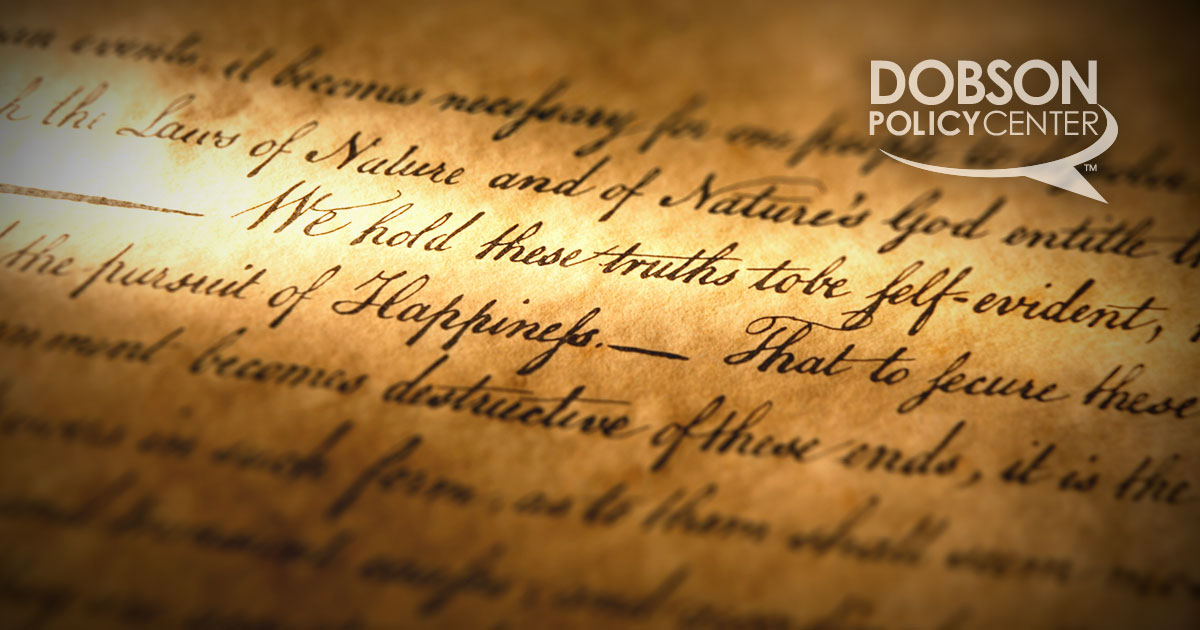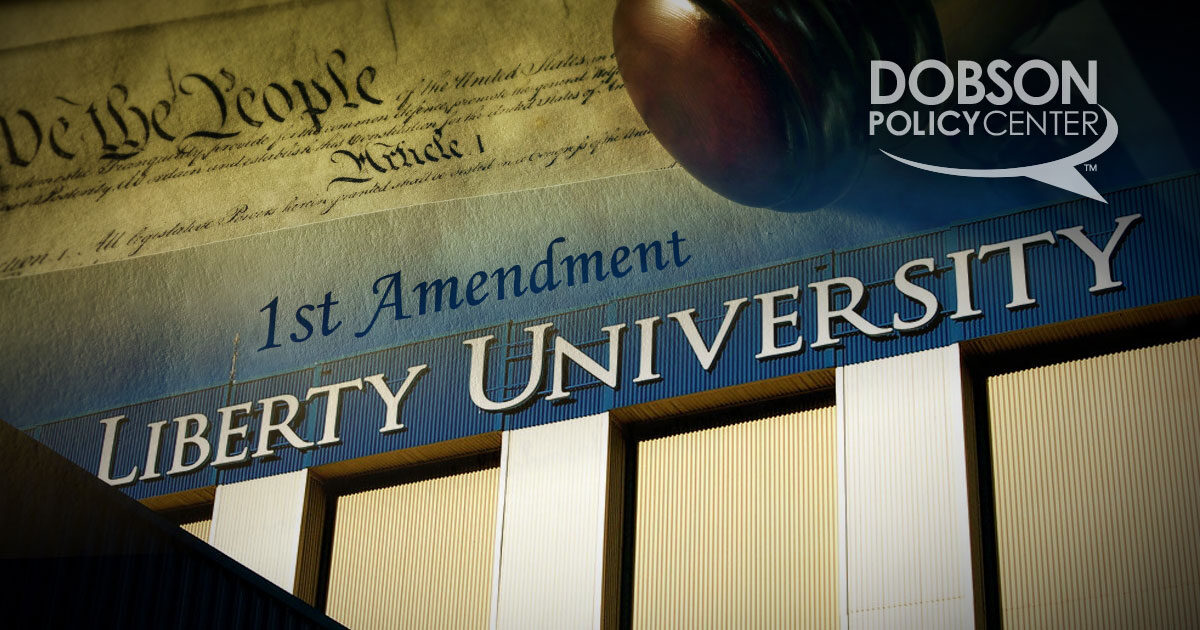The case involves a program in the Loudoun County Virginia Public Schools called, the "Bias Incident Reporting System." The program allows students to anonymously report incidents of bias, including "hate" speech committed by their fellow students. The reported incidents would then result in an administrative investigation and possible significant penalties for the accused.
Similar types of systems are increasingly common on American university campuses and in some corporations. They are sold as a way to expose hateful attitudes and combat racism. Those are good goals, but who defines "hate"?
The court found that fear of this anonymous reporting system was having a chilling effect on the freedom of speech of students with out-of-favor views on debatable issues. The parents who brought the lawsuit are conservative and Christians, and their children, the court found, were afraid to speak up in the school to reflect those values.
That fear is understandable. Normal Christian and conservative views are being labeled as "hate speech," and suppressed on university campuses and increasingly in public high schools.
For example, students expressing the view that marriage is only between a man and a woman, or that abortion takes an innocent human life are routinely described as "hateful."
The 4th Circuit Court of Appeals was legitimately concerned that the possible suppression of conservative views would be a violation of our First Amendment. They ordered the case to be sent back to a lower court that previously signed off on the Loudoun program and directed the court to reconsider its decision.
JDFI rejects racial bigotry and hate of any kind. The freedom of speech, however, and the right to openly debate is a cherished American freedom. Without the freedom of speech, there ultimately can be no freedom of religion. We hope more federal courts will confront the growing threats to the First Amendment.











